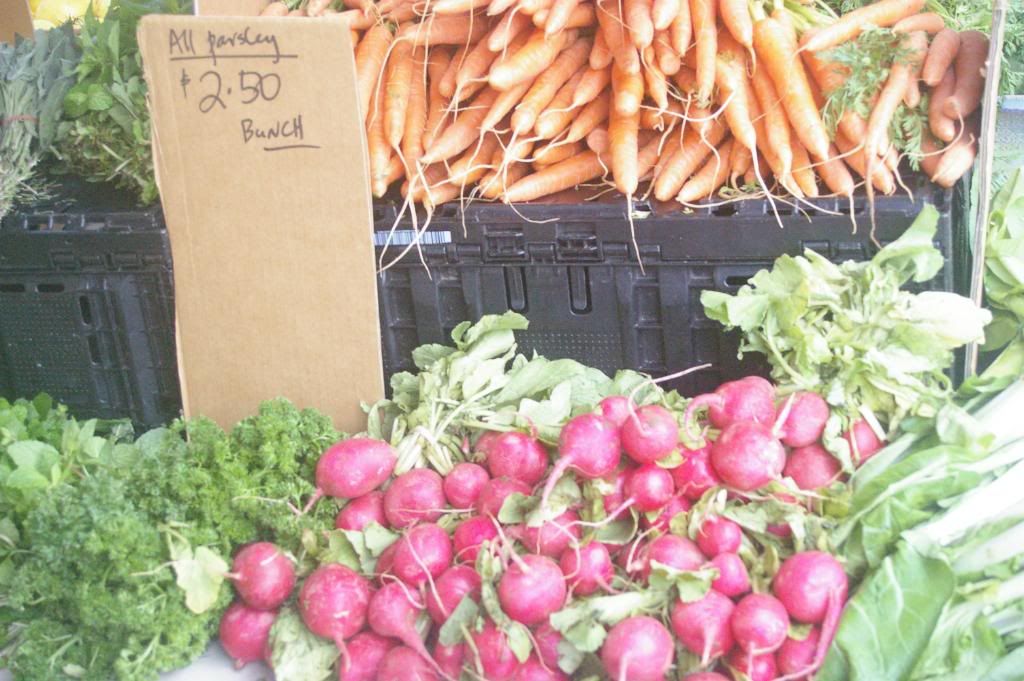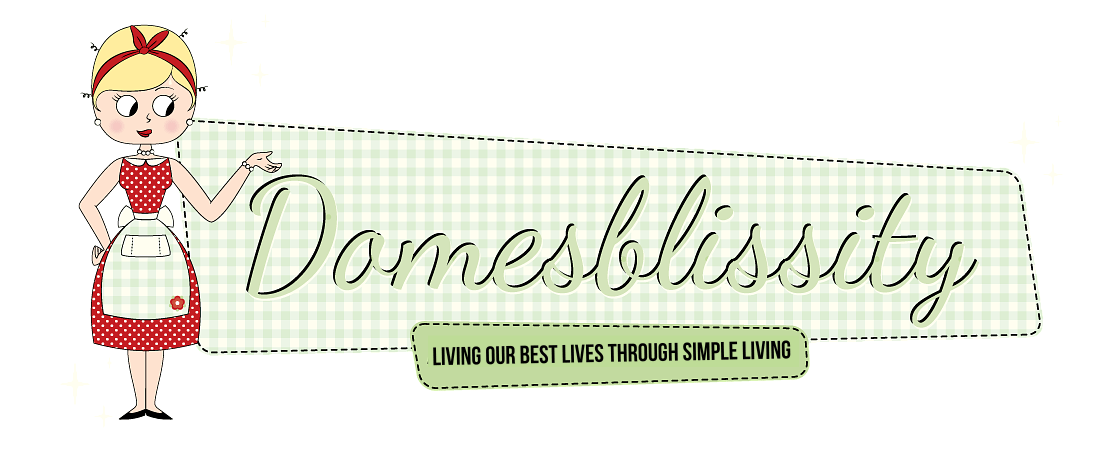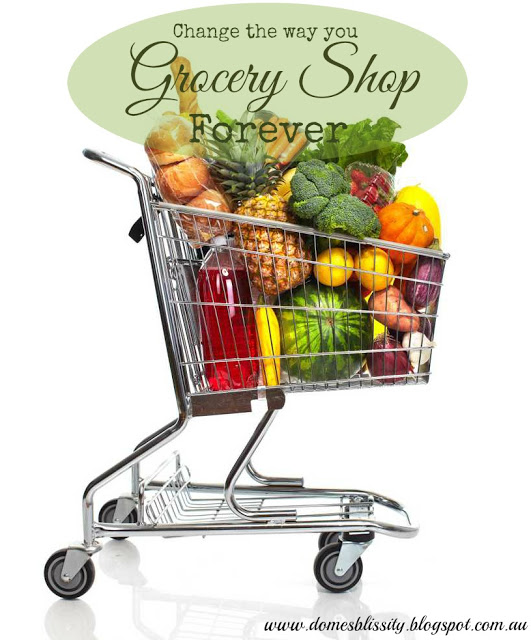class="separator" style="clear: both; text-align: center;">
This may not be ‘rocket science’ to some and some of you already might already do your grocery shopping this way but I’m here to tell you it doesn’t have to be a battle each week, fortnight or month. I’ve been grocery shopping like this for years, even when I did have a disposable income but it works for me and it saves me a bucket load of money. Let me explain how you can change the way you grocery shop forever.

There are two major players in the supermarket game here in Australia, Coles and Woolworths, followed closely in third place by the German grocery giant, Aldi. It’s like every couple of months, the supermarket ‘wars’ are blasted all over the media and I’m sure they all take turns in paying the media as to which is the better value store. There are smaller independent grocers who are also getting in on the act and are quickly becoming a good option for picking up cheaper items.

You see, it doesn’t matter which supermarket I go into. What I cook each and every day is dictated by the seasonal fruit and vegetables I buy, either at the farmer’s market or ordered online for approximately $35 which lasts me a fortnight for a family of 4. This way I know I’m getting the freshest possible seasonal produce at the cheapest price because if it’s in season, there’s an abundance of it and it’s cheap to buy.
The other thing that dictates what groceries I buy each week is that I run my kitchen like a restaurant. You’ll find that nearly every restaurant (unless of course it’s a fast food restaurant and their menu rarely changes), has a seasonal menu and it’s usually based on the fruit and vegetables that it’s in season. For example, you’ll most likely order a salad in summer and hot hearty meal in winter. All you need to buy is basic pantry items to keep your kitchen stocked. (I personally don’t believe in stockpiling because I simply don’t have the room to store it.) You can basically cook anything you like if your pantry is stocked with the basics. It never matters where I do my grocery shop. All I need to do is top up my basic pantry, fridge and freezer lists and buy the cheapest items on the day. (I also have the usual dried herbs and spices on hand.)
I buy my washing powder and toilet paper from a variety store for a fraction of the price the supermarkets sell it for and it is accounted for in my $150 per fortnight. I find I only need to buy it every couple of months. I do have my favourite store, only because I know where everything is but I don’t spend days planning my shop, looking at the junk mail or troweling through the aisles as to what’s the best bargain for the day, for example with 2 for 1 deals. I usually have no less than 4 tins of tomatoes in my pantry so if I’ve used 1, I only need to buy another tin to keep my pantry stocked. My budget, per fortnight to grocery shop is $150. My ‘top up’ shop might only be $60 so I might splurge and buy something like a tub of ricotta cheese or other nice cheese to change up the menu.

For example, I might have half a butternut pumpkin (squash) in my fortnightly fruit and vegetable order. With my basic pantry staples I could make pumpkin gnocchi or other pasta dish, pumpkin and feta triangles, lasagna with a layer of pumpkin, cubed pumpkin in a curry or stew, pumpkin soup, baked or steamed as a side with a mail meal, used in quiches, cubed in a warm salad with chickpeas. And for baking, I could use a cup of pureed pumpkin to mix in with cakes, pumpkin scones, biscotti or pumpkin pie (not that I’ve ever made pumpkin pie). You only have to Google ‘pumpkin’ and millions of recipes will come up.

The $150 per fortnight also includes meat. I have a general rule to pay no more than $10 per kilo for meat. It usually means cheap cuts or buying a roast on special but I also include a cheap budget cut of bacon (there’s nothing wrong with it) and frozen or canned fish. Other protein options include ham, lentils, chickpeas but the usuals are chicken, sausages and ground meat.
The supermarkets can argue all they like as to who has the better deals, who is leading the market in the ‘supermarket wars’ and you might all have your own opinions on which is the better grocery supplier. If you follow these five simple rules it won’t matter where you buy your groceries from. The only winner will be your back pocket and you’ll have heaps of money left over to splurge on other things that are important to you. In my case, it’s family holidays and other family outings.
1. Make everything from scratch
If you forget about buying ready made sauces and meal packets you’ll save a bundle on your weekly grocery bill. Using something like the Cook’s Thesaurus to find out suitable substitutes you can find replacements with all your pantry staples. You’ll also find the food you prepare at home won’t have all the ‘nasties’ ready made meals contain.
2. Throw away the junk mail
The supermarket junk mail is designed to tempt you to come in and buy things you think you need. You’ll find they all take turns in marking down those items like expensive shampoos, washing powder, chocolates, potato chips and all the other tempting items. Keep a stock list of what’s in your pantry, fridge and freezer and as those things are used up, add them to your shopping list so your basics are always on hand.
3. Run your kitchen like a restaurant
It might mean having regular meals on a high rotation but using seasonal fruit and vegetables and changing it up slightly with a nice cheese, for example, or using a different kind of pasta or even trying a different cuisine, you’ll have a lot of variety. (For example, a kilo of beef mince could make lasagna, hamburgers, meatballs, tacos, enchiladas, Lebanese pizzas, Greek Moussaka, Turkish kofta, Shepherd’s Pie etc.)
4. Have a budget and stick to it
This is where most people come undone. You might be tempted by the 2 for 1 deals in the supermarket or buy 5 and get one free. If you don’t need it in your pantry, you don’t need it. I also hear of other people buying all of the markdowns that are near their expired date. Yeah sure, if it’s something you need for your ‘restaurant’ get it otherwise what and how are you going to store five 2 litre bottles of milk even if they were only 99 cents each? I feel like I’ve struck gold when I find some meat marked down but that’s usually the only time I’m tempted to buy it.
5. Buy the cheapest version of the product you need
I’ve been buying homebrand goods for years and I’ve found nothing wrong with them. Things like flour, sugar, cheese, ham, budget bacon, rice etc. It means you can have a splurge on those items you don’t usually keep on your basic pantry lists and create some really nice tasting, restaurant quality meals at home.
I hope you liked this post and find a way not to be fooled by supermarkets tricks and marketing strategies. At the end of the day, it’s only food and I try to source it seasonally, from local growers and as close to home as possible. I only want what’s best for my family while sticking to a budget and having a little left over at the end of the day for special treats.






This is excellent. This is how real food leads to always having something to cook for dinner. Thanks for posting. Hello from Hearth and Soul Hop.
Love these tips!!! I'm all about saving money on groceries! I find that ordering online saves us money because I don't get distracted by all the yummy things!! Have a great weekend and thanks for linking up with our Fabulous Foodie Fridays party!! xx
Excellent post, Anne! You have some seriously good ideas and tips here to help make grocery shopping much easier. Pinned and shared. Thank you for being a part of the Hearth and Soul hop.
Great post. I do more or less the same. Another thing that I always do is stock my usually or commons product that I use daily. Lets said they have a sale on bread flour, sugar, butter, oil, etc. So I buy those in bulk, I calculate how many I will use in the next six months and buy that quantity. Thanks for your advise. And by the way I`m an Aldi`s fan.
This is great common sense advice that clearly works. I will have to keep this in mind for my next grocery shop I think. Always looking to save a dollar! #FFF
There's always a first time for everything and grocery shopping is no exception. Whether you're a frosh moving in to his first dorm or a new member
of the workforce getting an apartment of his own, grocery shopping can be made easier. In Dallas really it is easier for people to purchase grocery products.
Dallas tx grocery delivery
Online stores just like your local grocery store offers different discounts on special occasions. Customers get great opportunities to shop for an extensive range of
products without wasting their time and energy, and at the same time save good bucks.
Dallas tx grocery delivery